The best definition of natural can be summarized as: ‘a measure of distance from God.’
Now, what do we mean by distance?
God is your immediate scene. The context. It is life. Your immediate qualia. It is everything that is derived from “you.” It is all around you and everything within you. The seen and the unseen. This is Unity, or the practice of unifying everything you experience — the physical world, the mental world, the subtle (invisible relationships, definitions, meaning) and other people — as “one.”
While this article will not address this, it always requires a disclaimer: Some people on the spiritual path are uncomfortable with the concept of the "I" once we start understanding Unity as if our ultimate end is the removal of the "I" to melt together. This knowledge will still be useful to you if you believe this, but I -- see what I did there -- believe it creates a omission, or a hole, if you "eject yourself" via "ego denial" and then you have broken Unity. You can recognize you are part of the "all" while maintaining value over your part in it.
When you understand this Unity, then anything that imposes a weight upon it can be considered a distance. In order to have experience — in order to impose some sense of order upon the cacophony of omniscience — we must impart these weights. Weights might also be considered judgements, or boundaries. The way you experience a flower is a collection of boundaries.
You must have a concept of perspective — seeing behind your eyes — a sense of physical distance — the space between you and the flower — the texture of the petals, the scent, the shape — are all boundaries that are required for you to have an experience. There are more subtitles that are hidden here as well like disowning a part of your will to allow a sense that the flower is ‘not you’, that allows the flower to borrow your will to grow and so on.
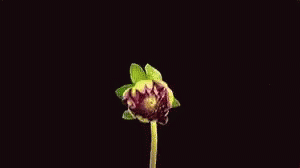
The more you align yourself to God, the more you must get out of the way of yourself to express God. Some misinterpret this as ejecting the ego, but if you do not recognize your own role, your own will, how can God?
The natural world is considered natural because it exists without conscious intervention. It is “organic” meaning that it arises on its own — there is a foundation before our interaction with it. A house requires a foundation, walls, a roof — which require materials taken from the natural world, which require work done upon them to be turned into the intended form. This is “distance.”
What is the distance between a house, for example, and a computer chip in terms of ‘naturalness’? This is always measured in terms of the story something requires to exist. This must be differentiated from story that is imposed after the fact, and the story that is inherent. There is nothing you need to know about a flower for it to exist. It just does.
On the other hand …
A computer chip requires significant distance — it requires rare materials (which require mines, specialized equipment, etc.), specialized factories (and their dependencies), the dependence of electricity which has thousands of physical dependencies — and we haven’t even begun to address the mental dependencies because this technology requires a very particular “philosophical” orientation to come into being before it ever arrives in the “physical world.”
Whereas a house might just be considered a cave with some leaves and branches.
The description of the physical world is inescapably a subjective evaluation — a “story” for which the collective chooses for its best interests from which the “objective” illusion is created. But the natural world is before this “evaluation.” It does not require it — it “just is.”
Thus the cave would be considered very natural and the computer chip would seem very unnatural.
Does this seem obvious to you? Perhaps, but have you considered the ramifications it has upon your consciousness? Your spirit?
The more distance something is from God, the more weight it bears upon your soul. The more effort it requires to maintain. The more altars it requires for sacrifice.
I call this fixation, but we might also call it density and in either case we can consider this distance as a loss of ownership, or a loss of will. You are in a constant state — a spiral, if you will — of resolving back to your will. You are always “throwing your will out” and then catching up to it. This loss of will creates a buffer which requires time to resolve and it creates the experience we call life versus an experience we would call abject chaos.
You can experience a closer state of the fundamental universe in dreams where there is less order, but both your waking reality and dreams are the same place. Let us say that the expertise of your soul is that which creates a stable interface for which you impose your particular brand of order upon the universe. This is your “waking reality” when you bear down on the chaos of the universe as only you can.
Some manner of fixation is required to have any experience at all. It is your decision how far you want to throw this will away from God. This isn’t a singular decision, (nor is it an ethical one) but an eternal continuum of decisions. You are deciding how “dense” you want to become. There is no wrong answer here, but there are inherent absolutes baked into the nature of the universe for which you cannot escape or ignore and it is possible to become lost.
The heavier you are, the less will you have (the farther away you have thrown it), the more time you experience and the slower your decisions — your will — takes to resolve. It will feel as if you require more work in order to obtain any results. In fact, the more dense you become, the more automated reality will appear to you — that is, your reality will start to resemble the inside of a computer — because you are investing more and more of your will into your physical world to see your will fulfilled which requires more external automation versus immediate execution (and experience) of your will.
This is why the world keeps getting more automated, but it seems like no one is getting more free time. It isn’t malicious or nefarious, it is inherent to how fixation manifests and must play out.
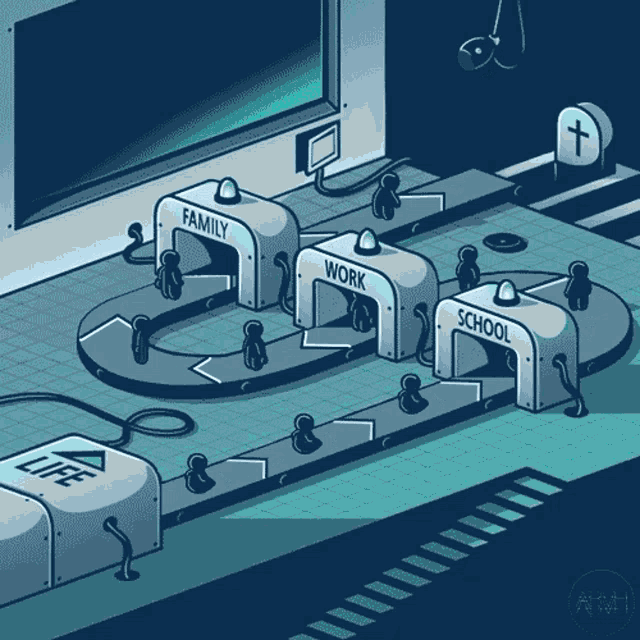
Denser realities always proceed along a trajectory that makes them resemble computers because this is the “natural consequence” of designing an unnatural reality. It is a reality that gradually destroys potential in favor of creating certainty of outcomes because it is fundamentally based in fear.
The further along the spectrum of fear you travel, the more you reject higher concepts like faith, surrender and compassion, because these require being comfortable with unknowns. Compassion is inherently allowing others to be even if they may hurt you, which also requires inherently trusting (another higher concept) yourself to overcome.
Your natural will is instantaneous and immediately done. Consider that carefully. This is always true, even now, no matter how “slow” or “fast” your reality appears to you. If you are imagining anything at all, then it already exists. If it didn’t, you couldn’t imagine it. The space you hold as your “invisible mind” is just another story that separates you from this immediate will.
You are already being swept along towards the focus of your will right now.
Let us return then to the concept of naturalness. If you value the faster execution of your will, you will place tremendous value on living as naturally as possible.
Consider eating fruits & vegetables versus eating something that is processed & packaged. What have we learned? By opting for the ladder, you willingly choosing to invest in a story which tosses your will out a greater distance. Thus your body requires more effort to convert and digest the processed & packaged food in order to return it to you as your own will. This “inbetween time” you experience as physical symptoms that arise within the body, whether they are simply uncomfortable digestion, or actual disease.
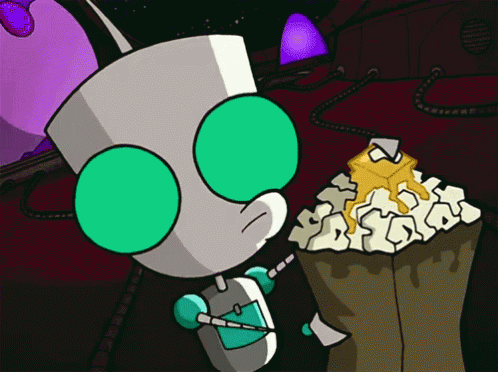
Similarly, do you live in a house of concrete & metal? Then you are opting to “hold space” for unnatural materials, which do what? They weigh your soul down. You “feel” this in the coldness of the metal, or the “deadness” in things like plastics. You must learn to recognize that these are not just the textures of these materials but real energetic signatures which indicate the fluidity of your will.
Do we want to achieve teleportation? Then the collective must learn to gradually value cars & planes less — which indicate that we value the experience of putting ourselves in metal boxes and “traveling perceived distance” as an experience — over simply “being there.” When we begin to cultivate our environment back to God, we are putting ourselves back to our natural state of immediate will and reality will begun to miraculously come up with excuses (stories) to close distances.
Have you ever driven somewhere and became so mesmerized that you just kind of arrived at your destination without much recollection of the space you just drove? This is a perfect example of what is required to just "be there" without the extra steps of "driving there." You create the extra steps because your unconscious has been conditioned to do so and so your will obeys to create this experience for you.
Can you tap into the feeling that exists in-between the start and the end where you seemed to just arrive? It is a small, fragile feeling that wants to evade your detection.
Now you understand that you need to be able to recall this feeling on demand -- it must be second nature to you -- and you have to believe it. How many years do you think that will take? 50? 100? 1000? How much about yourself do you need to change first to even start on this? Why are you waiting around?
It is so much easier to just keep the physicalism/materialism story going, isn't it? Order take-out, watch a movie, blame something else ... Or perhaps invent a bandage solution like a car or a plane (science is an obsession -- that's right, a fixation -- of deep avoidance, or need for complacency -- see my prior article: Science & AI) rather than do the deep introspective and often painful work to uncover these buried aspects of consciousness. But not all of us are built the same. I don't expect anyone to value freedom as much as I do.
How do you feel about eating meat? Uh-oh, I hear your groaning … but don’t jump to conclusions here.
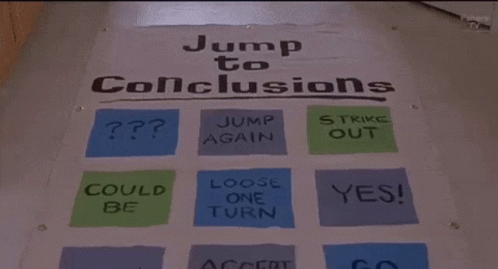
I am not here to sell you on a diet. I am here to demonstrate how we interface to God. We are interface designers and each one of us has a unique interface that will not work for anyone else. We are designing an ideal interface to God that allows us to experience a purer and more elevated reality.
So what story does meat tell at this density — at this level of fixation? Meat inherently contains the story of death and suffering. Thus the soul must transmute these stories whenever it is consumed. We have not achieved a level of mastery where we might consider meat like a video game character — as a free-standing story — where meat requires no dependence — where it just materializes out of thin air because we are so integrated to God that we do not need “explanations.”
No, our soul still requires explanations. We require too much verisimilitude — we are not prepared to disregard the origins of something and just accept it “as-is”, like the color blue, or what a laugh feels like — so we must take responsibility for the history our soul has valued to this point. We cannot reject the reality which derives from us without creating a state of resistance, which creates repetition as the denial is simply recognized as a “re-investment” from the perspective of the universe/God. But we can release and gradually let go of these stories through their recognition.
In this context, we cannot fool ourselves from where meat arrives. The story is “too heavy” to simply discard, much like attempting to deny the sun rises. An animal must be killed, skinned and cooked. Honor and respect can expedite the transmutation, but the process must occur regardless and continues to perpetuate a reality that must consume in order to exist which is unavoidably a lower and less coherent state of consciousness. It would be better to avoid these stories altogether if we value purifying our will.
I am not here to advice you to become vegetarian, but rather demonstrate to you how you are creating varying levels of fixation. You are not going to hell because you eat meat, but whether you are compelled by ethics, health or — as I am — the greater coherence of life & God — then we are doing ourselves a disservice by assimilating complexity rather than simplicity.
The topic of diet is a complex one — the stories we have about food are as important as the food themselves. A carnivorous diet may be the path to enlightenment for one, or simply a stop along the road that is required to unravel particular stories someone has about where their personal health derives. You must understand your relationship to food in order to unravel the story upon how it affects your health. It is not universal. It cannot be dictated by authorities — only advised by other’s experiences.
So do not go throwing out your chicken because I may have convinced you that meat is “dense” — you must skillfully discern how to raise your fixation and not haphazardly make major alterations to your personal paradigm. You need to understand why food creates health, or destroys it. I will have some more articles about food & diet in the future, but it is not nearly as simple as meat is bad and veggies are good — I have simply used this as another example to highlight naturalness.
When you come to understand this concept, then you can probably think of many other examples. Consider, for example, how convenience creates distance, because what is convenience except a soft version of automation? And what is automation but a warning sign of fixation where will has become its own kind of boss making all sorts of delayed demands of your time? Automation is a chronic breadcrumber.
Would you value a cellphone more, or simply a telepathic transmission? Does the internet help connect you to people — or does it simply “hide” them from you so you can deal with them at your convenience? How does this impact their realness to you — or their artificialness (their naturalness)?
Would you value consuming food for your permission to live or simply exist where food is another source of joy? Does consuming food add value to your life, or does it create a source of fear to you? Is a packaged meal really more “convenient”? What is the story you are writing with this “food convenience” which tells yourself that food is a chore, or a dead weight so you can get back to — what? Living? How does investing in the devaluation of life create more living?
Would you rather live in rows of geometric cubes stacked on one another, or a Hobbit hole? Do you know the difference between lively and busy? One feels as if it contains life while the other is simply dead movement. Does a city feel lively or busy? Does a forest feel lively or busy?
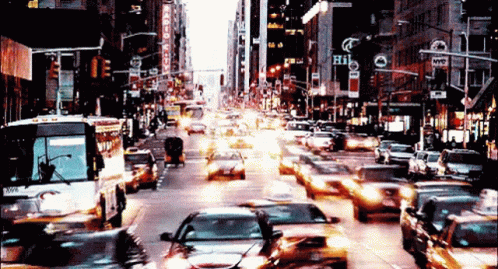
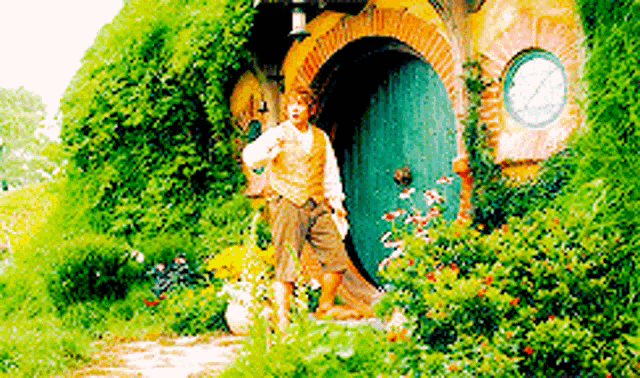
What feels better — waking up without an alarm clock, or with one? Do your fondest memories resolve around schedules or spontaneity, randomness and the unexpected? Are your relationships with people best when they are predictable and rote or unpredictable and surprising?
Note, technology does not have to be unnatural. Rather, naturalness should be understood in terms of how it enhances coherence, or destroys it. We must learn to ask whether technology brings us closer to God — or if it moves us farther away? Is it a tool — or our master? Do we become more connected (less dense, less fixated) or less connected (more dense, more fixated)? Maybe forcing ourselves out of our natural rhythm is a bad use of alarm clocks, but I am sure we have all used one to bake a pie.
Consider that all of life is a spectrum between total free will (God — omnipotence) and determinism (physical reality — no choices.) Your job is to create an acceptable balance between the two. It is up to you how you wish to organize it.
Consider carefully how much unknown or potential you value versus how much known or predictability you value as these correlate precisely to God and physical reality with you caught in between. God is what is natural — the origination of all things. Everything else is a “percentage of God.” Consider this also: 100% Natural God is the same as 0% Natural God. You can be neither without terminating all experience, which is a state of Nonsense.
What kind of world do you want to live in? A natural one — or an unnatural one? Do you have a specific ratio in mind? It is up to you. I know my answer.
That’s enough for today.
